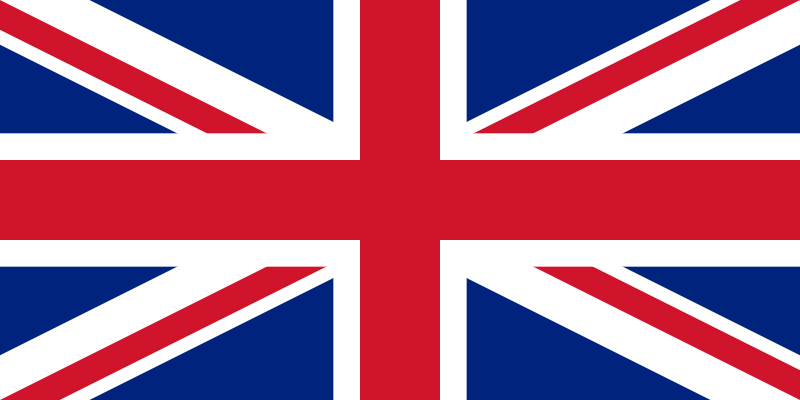|
Course
In
the first lecture I will review the basics of the theory of
gravitational waves. Whenever possible, I will derive things from
scratch, but a previous exposure to General Relativity would be
beneficial.
In the second lecture I will review the methods to solve Einstein's
equations, either exactly or approximately, focusing on binary systems,
which are expected to be the main sources of gravitational waves for
existing and future detectors. I will then give examples of how the
detection of gravitational waves will permit testing gravity, cosmology
and astrophysics with unprecedented accuracy.
|
|
Chapters
- Lecture I : The basics of gravitational-wave theory
- The Einstein equations
- Linearized Einstein equations and gauge transformations
- Gravitational waves in linearized gravity: the TT gauge and the quadrupole formula
- General definition of gravitational waves: the geometric optics regime
- The stress-energy tensor for gravitational waves
- A detector's response to gravitational waves: geodesic deviation and Weyl scalars
- Lecture II : Gravitational-wave physics and astrophysics with current and future detectors
- A brief overview of existing and future detectors of gravitational waves and their sources
- How to solve Einstein's equations:
- Numerical relativity in a nutshell: 3+1 split of spacetime, formulations of the Einstein equations
- Analytic approximation schemes: The Post-Newtonian expansion, the self-force formalism, the effective one-body model
- Fundamental physics, astrophysics and cosmology with gravitational-wave detectors: a few examples
- Tests of gravity theories
- Tests of the nuclear equation of state
- Measurements of the Hubble constant and Dark Energy
- Tests of the nature of black holes and the no-hair theorem
- Tests of scenarios for the formation and evolution of massive black holes
|
|




